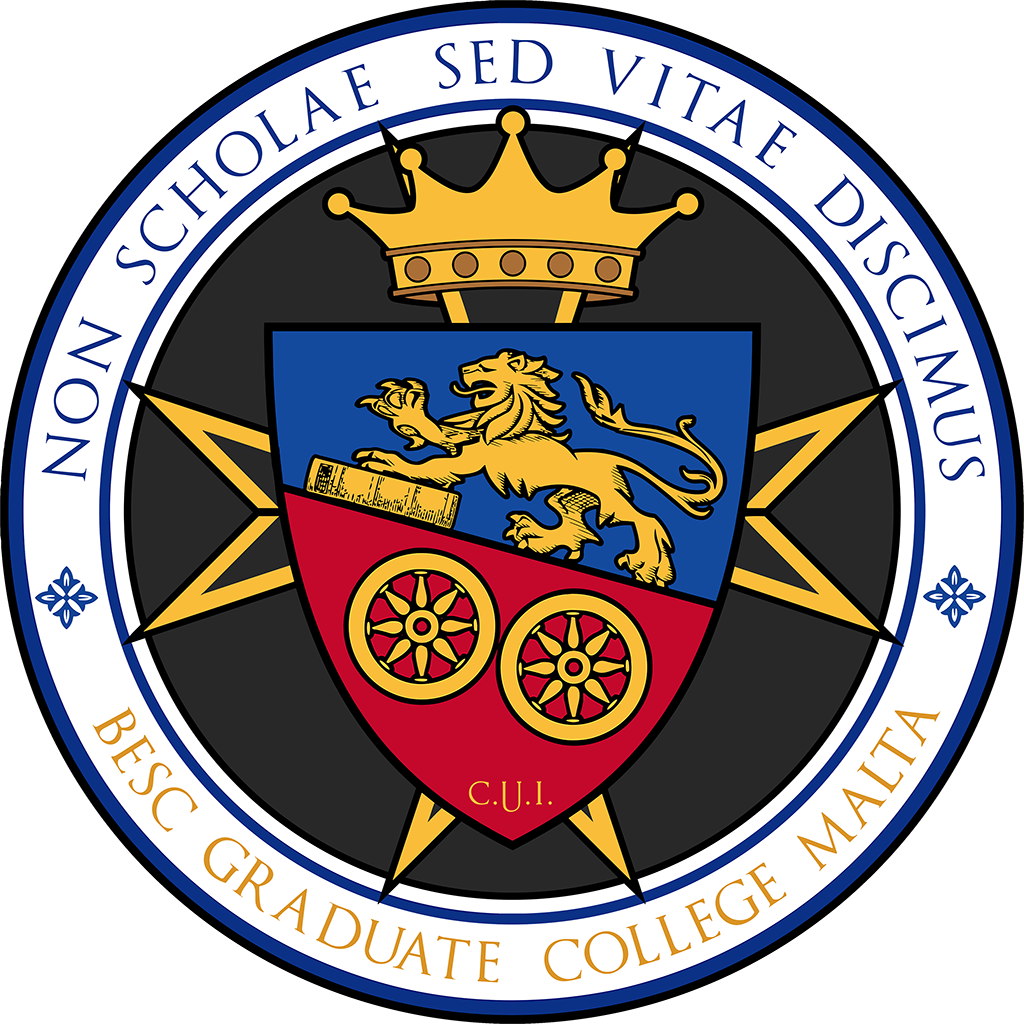Higher Education Certificate
Post graduate MQF-EQF Level 7
Academic Award
in the Science of Coaching

Higher Education Programme
Qualification Level MQF-EQF: 7
ECTS: 5
Provision: Online
Total Hours : 125
Duration: 4/6 months
Language: English and Italian
Subject Areas: Health and Welfare
Accreditation Date: 01/09/2023
This academic programme introduces students to the different aspects and phases of coaching, with particular reference to the emerging models in the science of coaching (principles and theories and levels of practical application). Helping relationship professionals, educators and human resource managers play a fundamental role in improving the quality of individual and organizational life. The programme “introduces” students to the approach to coaching as a scientific discipline, with reference to aspects of literature review and research methods and design. The aim is to stimulate interest in possible future doctoral study in a discipline of such importance to Quality of Life.
The learner will be able to understand, know and describe the scientific basis of coaching, including basic and applied research, theories and models that support or inform coaching practices:
- the most valuable theories and models of Coaching (Coaching Theories and Models)-
- study of coaching protocols and outcomes (Coaching Research).
- research and theoretical models supporting optimal performance in life and work (Human Performance Coaching).
- research and theoretical models supporting optimal physical and mental health and well-being (Neuroscience Coaching).
- research and theoretical models supporting Quality of Life.
Programme
Learning Outcome
Knowledge, skills and competence
STRUCTURE OF THE PROGRAMME
1
1
| Sub Module | Semester | Hours/ECTS | Exams |
|---|---|---|---|
| Coaching Theories and Models | I -II | 25 | |
| Coaching Research | I -II | 25 | |
| Human Performance Coaching | I -II | 25 | |
| Neuroscience Coaching | I -II | 25 | |
| Quality of Life Coaching | I -II | 25 | |
| March-June | |||
| September-December | |||
| TOTAL | 125/5 |


